- Ang Beng Ti
- Carol Tang
- Chiara Bacchelli
- Ge Gao
- Kai Ye
- Kang Ning
- Ruibang Luo
- Phil Beales
- Tohru Nakanishi
- Shuhua Xu
- Yu Xue
- Zhang Zhang
- Guoliang Li
- Weihua Chen
- Qiangfeng Cliff Zhang
- Suphat Subongkot
- Manop Pithukpakorn
- Wirote Tuntiwechapikul
- Vorapun Senanarong
- Vorasuk Shotelersuk
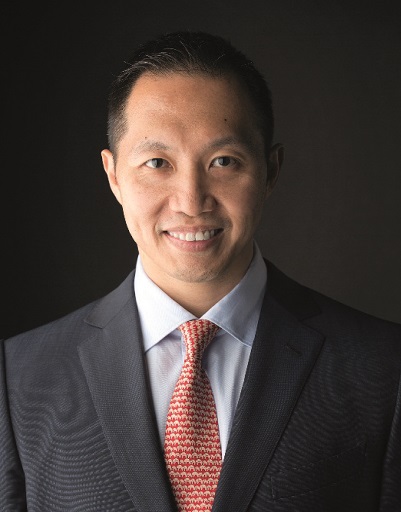
Name: Christopher Beng-Ti ANG
Position:Senior Consultant and Head
Affiliation: Department of Neurosurgery, Singapore General Hospital
Associate Professor, Duke-NUS Graduate Medical School
A/Prof Ang trained in neurosurgery at the National Neuroscience Institute (NNI), Singapore and at the University of British Columbia in Vancouver, Canada. During his residency, he carried out bench research defining molecular mechanisms in oligodendrocyte development and myelination. He is currently Senior Consultant and Head of the Department of Neurosurgery at the SGH campus of NNI, with a sub-specialty practice in minimal access neurosurgery, neuro-oncology and radiosurgery.
He also contributes to medical education as an Associate Professor at the Duke-National University of Singapore Graduate Medical School. In addition, he co-leads the Neuro-Oncology Research lab at the NNI where the lab explores glioma tumorigenesis and its implications for patient-tailored therapy / precision medicine.
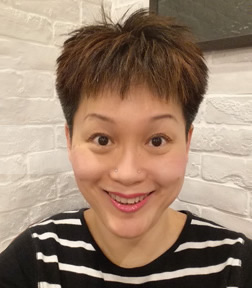
Carol Tang
- Principal Investigator (I), National Neuroscience Institute, Singapore
- Assistant Professor, Cancer and Stem Cell Biology, Duke-National University of Singapore Medical School
- Visiting Scientist, National Cancer Centre, Singapore
Biography
Dr Tang graduated from The Scripps Research Institute (USA), Macromolecular and Cellular Structure and Chemistry, with a PhD in 1998 where her initial focus was on structural chemistry and cell cycle. She subsequently undertook postdoctoral training in neuroscience at the Howard Florey Institute, Melbourne; and the National Cancer Centre, Singapore in neuro-oncology. She is now a Principal Investigator (I) at NNI and co-leads the Neuro-Oncology Research Laboratory with A/Prof Beng Ti Ang, a neurosurgeon-scientist and Head of Neurosurgery (SGH campus). The team has achieved the following significant milestones:
Establishment of the National NNI Brain Tumor Resource.
This is a core capability of precision medicine (i.e. the ability to recreate the tumor in mouse models that recapitulates the patient’s original tumor pathophysiology and molecular profile).
Strong evidence that our biobank of patient glioma cells and animal models are clinically relevant. We have amassed significant bioinformatics/artificial intelligence capabilities to interrogate large patient clinical and molecular databases. This has allowed us to establish patient data-driven computational predictions and subsequently biologically validate them with the NNI biobank
We were recently awarded the National Medical Research Council Translational and Clinical Research (TCR) Flagship Program grant entitled, “Targeting brain tumors: Improving lives through Precision Medicine”. This program encompasses three themes led by multiple international and local investigators: (a) Patient stratification towards precision medicine, (b) Deciphering molecular heterogeneity, and (c) Novel imaging technologies and predictive biomarker profiles. The approach selects patient cohorts for targeted therapy and develops real-time imaging modalities to monitor disease progression.

Name: Chiara Bacchelli
Position: Head of Experimental and Personalised Medicine Section
Affiliation: Institute of Child Health, University College London, United Kingdom
Email: c.bacchelli@ucl.ac.uk
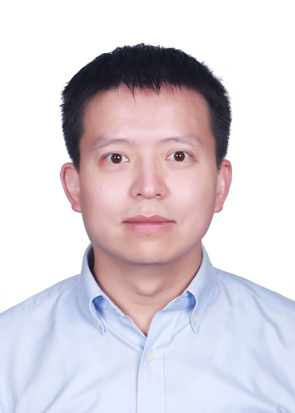
Dr. Ge Gao
As biology turns increasingly into a data-rich science, the massive amount of data generated by high-throughput technologies present both new opportunities and serious challenges. As a bioinformatician, Dr. Ge Gao is interested in developing novel computational technologies to analyze, integrate and visualize high-throughput biological data effectively and efficiently, with applications to decipher and understand the function and evolution of gene regulatory systems.
Since 2011, Dr. Gao has developed twelve online bioinformatic software tools and databases for efficient analyses of large-scale omics data. These tools and databases have had over 400 million hits from users worldwide, demonstrating their global significance and impact. Taking advantage of these powerful bioinformatics technical infrastructure, Dr. Gao has been studying the functionality and evolutionary dynamics of two important classes of regulators, transcription factors in plants and long noncoding RNAs in human and several other organisms, demonstrating that novel (i.e., evolutionarily young) regulators can play key roles in multiple biological processes by “re-wiring” existing regulatory circuits. His research has led to 15 peer-reviewed papers with him as (co-)corresponding or first author, of which several have been highlighted by Essential Science Indicators (ESI), Faculty of 1000, InCoB’16 as well as journals. Meanwhile, as a bioinformatician working in the School of Life Sciences, Dr. Gao has always been passionate about establishing collaborations with biologists on projects of mutual interest. Such effective collaborations have resulted in another 12 peer-reviewed papers.
Dr. Gao currently serves as the Vice President of Asia Pacific Bioinformatics Network (APBioNET), Founding Member of Expert Committee for Computational Biology and Bioinformatics, Chinese Society of Biotechnology, Founding Member of Expert Committee for Big Data and Biocuration, Genetics Society of China, Member of Expert Committee for Bioinformatics and Artificial Life, Chinese Association for Artificial Intelligence as well as Editorial Board member of Hereditas and Genomics, Proteomics & Bioinformatics.
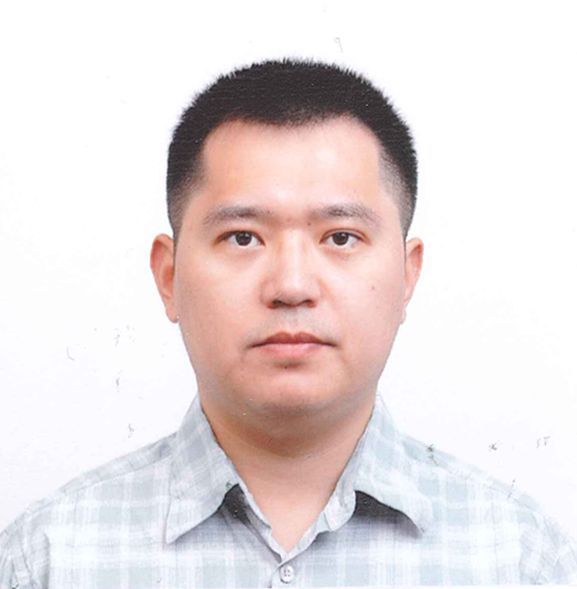
Professor Kai Ye
Affiliation: Electronic and Information Engineering School, Xi’an Jiaotong University, China
Professor Kai Ye obtained his PhD from Leiden University, the Netherlands, in 2008. He spent one year in European Bioinformatics Institute as postdoc and shifted research interest from protein to genome. After three years as an assistant professor at Leiden University Medical Center, working longevity and aging, he went to Washington University in St. Louis as an assistant professor, investigating novel computational methods for cancer research. He returned to China in the beginning of 2016 as a full professor at Xi’an Jiaotong University. Since 2008, professor Kai Ye has developed multiple next-generation sequence analysis algorithms, being used as the standard module in the 1000 Genomes Project, the Cancer Genome Atlas, the International Cancer Genome Project, the Genome of the Netherlands. Professor Ye has published more than 50 papers, including 10 on Nature, as well as in high impact journals such as PNAS, Nature Genetics, Nature Methods, Nature Medicine, Nature Communications and Genome Research. His citation is more than 10k according ESI database. With the support from 1000 Talents Plan and several national precision medicine related grants, professor Ye is leading an inter-disciplinary team to tackle challenging questions in biomedical research using both informatics and biological systems.
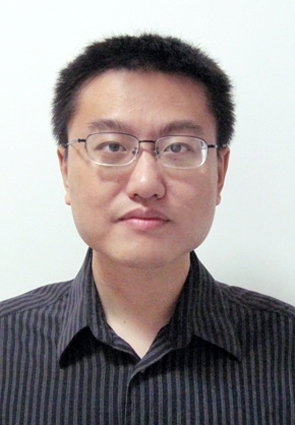
Name: Kang Ning
Position:Professor, PhD Supervisor,
PI of Microbial Bioinformatics Group
Affiliation: Director of the Department of Bioinformatics and Systems Biology
School of Life Science and Technology,
Huazhong University of Science and Technology
Kang has more than 10 years of experiences in bioinformatics for omics data integration, mirobiome analyses and single-cell analyses. His current research interests include method and algorithm development for genomics, metagenomics, single-cell omics and proteomics. He is also interested in synthetic biology and high-performance-computation. He is also interested in biological big-data analysis and high-performance computation.
Kang is the author of over 60 papers and reviews, which have more than 1500 citations. He has been the committee members of several bioinformatics and biology big-data committees in China. He has served as editors for several journals such as Scientific Reports, and served as reviewers for several international funding agencies including UK-BBSRC and UK-NERC. He heads a laboratory with the combination of experimental biology and bioinformatics algorithm development, and have collaborations with biologists, doctors and statisticians in many countries.
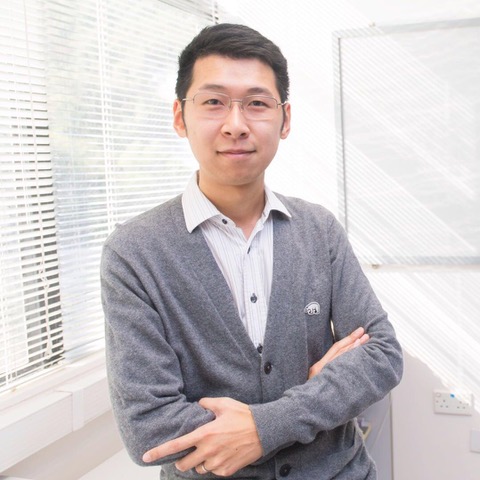
Name: Ruibang Luo
Position: Assistant Professor
Affiliation: Department of Computer Science
The University of Hong Kong
Email: rbluo@cs.hku.hk
Dr. Ruibang Luo is an Assistant Professor of the Computer Science Department of the University of Hong Kong. He received his B.E. degree in bio-engineering from the South China University of Technology in 2010 and his Ph.D. degree in computational biology from the University of Hong Kong in 2015. He was a postdoctoral fellow in the Center of Computational Biology, McKusick-Nathans Institute of Genetic Medicine, Johns Hopkins University School of Medicine. Dr. Luo is a researcher working on bioinformatics software and biological, clinical and pharmaceutical projects. His interdisciplinary research results have been published in peer-reviewed journals such as Nature, Nature Biotechnology, and Bioinformatics. His research covers a diversity of topics in computational biology, from technique-driven research, whose aim is to develop algorithms for two fundamental sequence-analysis problems, 'genome assembly' and 'genome alignment', to hypothesis-driven investigations, such as studying the genetic background of hundreds of cancer cell lines, where the primary aim is to discover and advance clinical knowledge. His research also includes engineering problems for which the accuracy and efficiency of algorithms are crucial, as well as problems for which innovative modeling and analysis of data are more important.

PHILIP BEALES is Professor of Medical and Medical Genetics at UCL and an NIHR Senior Investigator. He is chair of the new UCL Institute for Precision Medicine and Director of the Centre for Translational Genomics (GOSGENE). He has been collaborating with the Chulalongkorn Hospital department of Paediatrics in the area of rare disease genomics since 2016 and together with Prof Vorasuk Shotelersuk was co-recipient of the Newton Prize in 2017. Beales is best known for his clinical and genetic research (20 years) into rare diseases especially, the ciliopathies, leading research culminating in novel gene discoveries for Bardet-Biedl syndrome, Jeune Asphyxiating Thoracic Dystrophy, Cranioectodermal dysplasia, Acrocallosal Syndrome and several other disorders. He was the first to attribute the Bardet-Biedl syndrome phenotype to dysfunctional primary cilia. Beales’ group continues to pursue research in translational science and therapeutics for ciliopathies including gene therapy.
He is practices clinical genetics at both Great Ormond Street Hospital for Children and Guys Hospital, London and is national lead for the NHS England specialist commissioned Bardet-Biedl syndrome clinical and diagnostic service.
He is also founding Co-editor in Chief of BMC CILIA and sits on several journal editorial boards. He was elected fellow of the Academy of Medical Sciences in 2011.Name: Professor Phil Beales, MD, PhD
Position: Professor of Medical and Molecular Genetics
Affiliation: Institute of Child Health, University College London
London, United Kingdom
Email: p.beales@ucl.ac.uk
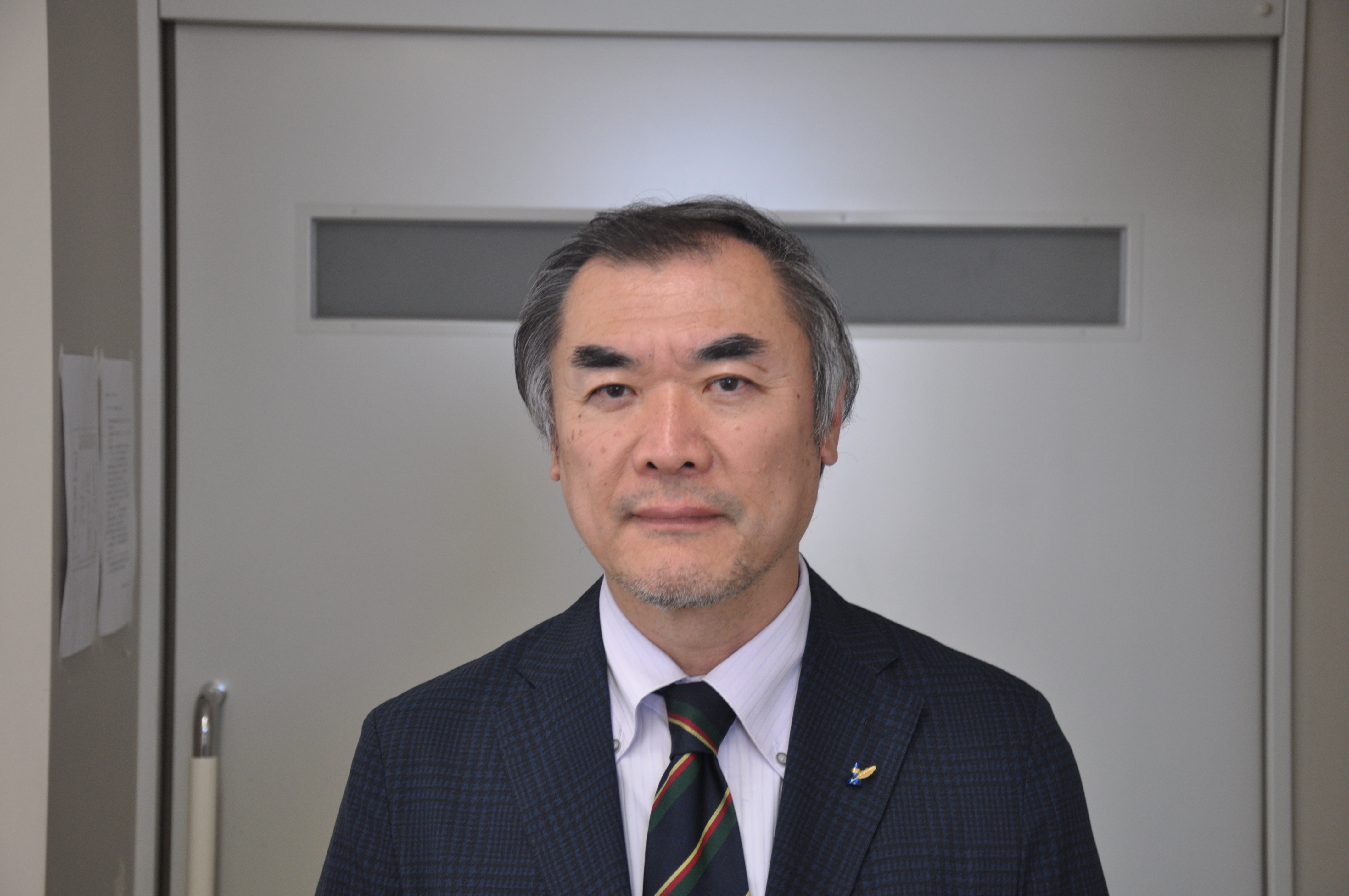
Professor, Dr. Tohru Nakanishi,
Department of Molecular Diagnosis, Shujitsu University School of Pharmacy, Okayama, Japan
E-mail: torhoshi@shujitsu.ac.jp
Tohru Nakanishi graduated Faculty of Science, Tokyo University, and spent his scientific carrier in the Institute for Molecular and Cellular Biology, Osaka University, Virus Institute, Kyoto University, National Institute for Basic Biology, Okazaki, and Okayama University. His main achievements are the establishment of novel diagnostic system of hGH by using MAbs, cloning and characterization of elongation facter-2 (EF-2) gene, characterization of expression of neurotrophins, and cloning and functional analysis of connective tissue growth factor (CTGF). He is now professor and chairman of Molecular Diagnosis, Shujitsu University School of Pharmacy, Okayama. His recent work towards post-genomic research and genetic analysis including RA, breast cancer, iPS cells and other stem cells. Besides his involvement in the research collaboration with Pasteur Institute, he plays an important role in the activity of Association Pasteur Japon.
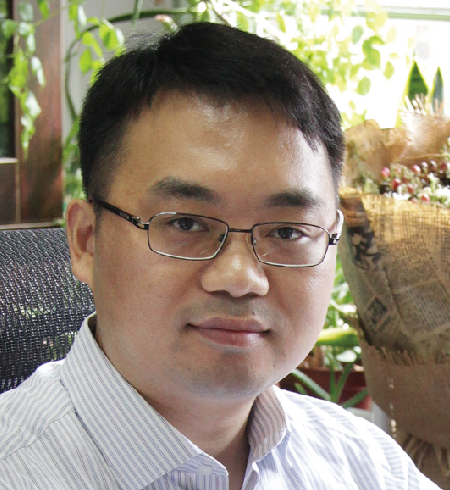
Name: Shuhua Xu
Position: Professor/PI/Max-Planck Independent Group Leader
Affiliation: CAS-MPG Partner Institute for Computational Biology
Email: xushua@picb.ac.cn
Brief Biography
Dr. Shuhua Xu is professor of human population genetics and Principal Investigator of Population Genomics Group at the CAS-MPG Partner Institute for Computational Biology. He is currently holding the position of Max-Planck Independent Research Group Leader and a Distinguished Adjunct Professorship at ShanghaiTech University. He received his PhD at Fudan University, China. The Population Genomics Group led by Dr. Xu is using computational approaches and developing new methods to dissect genetic architecture of human populations, quantitatively characterize their admixture features, and reveal their migration history and adaptive divergence. Dr. Xu has authored many scientific papers published in Science, PNAS, The American Journal of Human Genetics, Genome Research, Molecular Biology and Evolution, Human Molecular Genetics, the PLoS and the BMC series.
Dr. Xu serves as Editorial Board member of several international peer-reviewed journals such as Hereditas, Human Genomics, Molecular Genetics and Genomics, Scientific Reports, BMC Genetics.
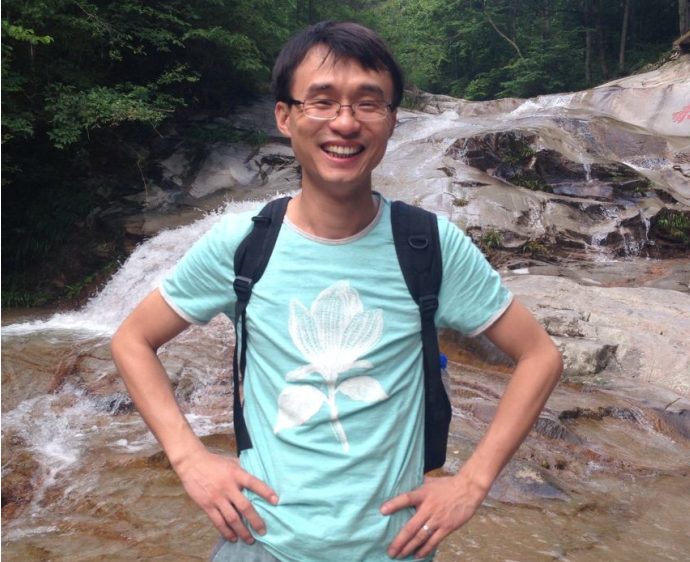
Yu Xue
Professor, Huazhong University of Science and Technology, China
Dr. Yu Xue is a professor at the Department of Bioinformatics & Systems Biology, College of Life Science and Technology of Huazhong University of Science and Technology. His major interests are focused on the development of novel databases, algorithms and computational softwares, such as GPS (Group-based Prediction System) series algorithms, for understanding the temporally and spatially regulatory roles of post-translational modifications (PTMs) involved in cellular signaling pathways and networks, by combining systems biology, bioinformatics, and molecular & cellular biology approaches to identify functional PTM events in yeast autophagy and human cancers. Dr. Xue has published over 70 papers in a number of high-profile journals, such as Nature Protocols, Nucleic Acids Research, Autophagy, Briefings in Bioinformatics, Cell Research, Journal of Molecular Cell Biology, and Molecular & Cellular Proteomics, with ~3000 citations. He is an academic Editor of PLoS ONE, and an associate Editor of BMC Genomics and Scientific Reports. He is quite active on pushing the communication and collaboration of young bioinformaticians in China. ResearcherID: http://www.researcherid.com/rid/G-5929-2011
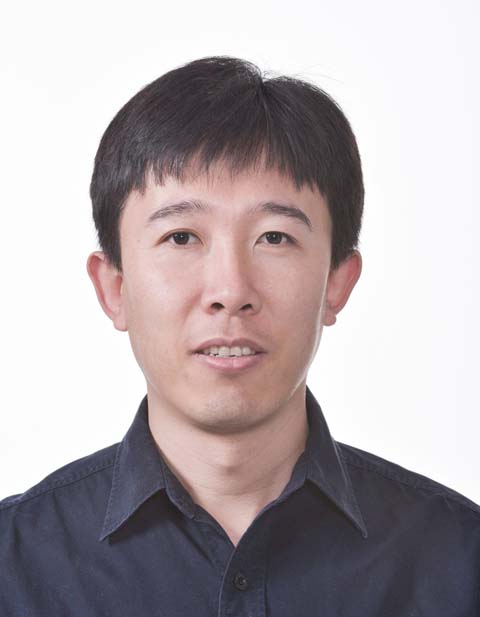
Name: Zhang Zhang
Position: Professor of Beijing Institute of Genomics (BIG)
Executive Director of BIG Data Center
Affiliation: Beijing Institute of Genomics (BIG)
, Chinese Academy of Sciences (CAS)
Email: zhangzhang@big.ac.cn
Brief Biography
Dr. Zhang is a Professor of Beijing Institute of Genomics (BIG), Chinese Academy of Sciences (CAS) and serves as Executive Director of BIG Data Center. He obtained PhD degree in Computer Science from Institute of Computing Technology, CAS in 2007. Prior to joining BIG, he worked as Postdoctoral Associate at Yale University from 2007~2009 and Research Scientist at King Abdullah University of Science and Technology from 2009~2011. Dr. Zhang was elected in the CAS 100-Talents Program in 2011 and awarded as Excellent by the evaluation of the CAS 100-Talents Program in 2017. His research focuses on big data integration and mining and computational precision health genomics. He is an Executive Committee Member of International Society for Biocuration and acts as Associate Editor-in-Chief for Genomics Proteomics & Bioinformatics and Asian Associate Editor for Briefings in Bioinformatics.
Suphat Subongkot
Thailand, Clinical Pharmacy Division, Khon Kaen University, Thailand. (Moderator)
Suphat Subongkot is currently a clinical oncology specialist and associate professor at Faculty of Pharmaceutical Sciences, Khon Kaen University (KKU), Thailand. His main responsibility besides didactic teaching is to provide oncology clinical pharmacy and clinical pharmacology services in the Srinagarind Hospital at Khon Kaen University. He also serves as an oncology pharmacy residency/fellowship program director under the College of Pharmacotherapy (Thailand). Dr.Subongkot received his Pharm.D, from the University of Iowa and completed PGY1, PGY2 and fellowship in Hematology Oncology and Clinical Research from Rush University Medical Center, Chicago; and was awarded M.Sc. in Clinical Research at Rush Medical College and also BCOP certified. Dr.Subongkot is a founding member of the Asia for Safe handling Organization, and he established the first Asia Pacific Oncology Pharmacy Congress (APOPC), a biannual conference aiming to advance oncology pharmacy practice skills and education in South East Asian regions. He joined ISOPP in 2004 and is currently a member of ASCO, ESMO, MASCC and APOPS (Thailand).
His research interests include several palliative care issues including CINV, Cachexia, Pain Management, Tumor cytokines, Herbal Drug Development and Outcome Research. His ongoing research involves the antioxidative effect of Ginger Extract in CINV.
.png)
Manop Pithukpakorn, M.D.
Department of Medicine,
Siriraj Medical Research Building, 4th Floor
2 Wang Lang Road,
Bangkoknoi Bangkok 10700. THAILAND
Tel: 66-2-419-2727
Email: manop.pit@mahidol.ac.th
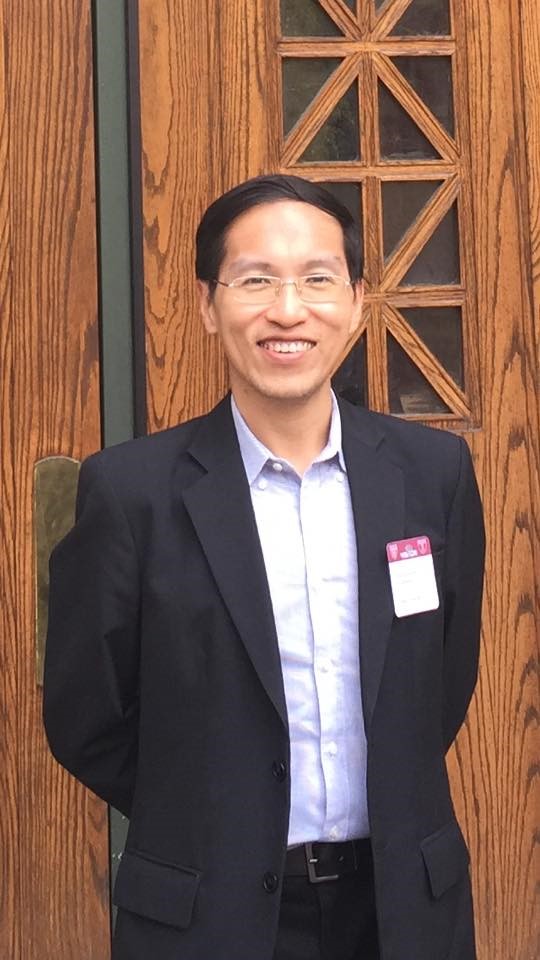
Dr. Manop Pithukpakorn is an internist, clinical and molecular geneticist. He is currently the head of Medical Genetics Division, the Department of Medicine, Faculty of Medicine Siriraj Hospital, Mahidol University, Thailand. He also serves as an Assistant Dean for Research of the Faculty of Medicine and the leader of health cluster in the Research University Network (RUN), the consortium of Thailand's 8 leading universities, focusing on large collaborative research projects.
Dr. Pithukpakorn received his medical degree from the Faculty of Medicine Siriraj Hospital, Mahidol University, residency training in Internal Medicine from the University of Illinois at Chicago, and fellowship in Clinical and Molecular Genetics from the National Human Genome Research Institute (NHGRI), National Institutes of Health (NIH), USA. His primary research area was hereditary renal cancer syndromes and molecular genetics of renal cancer in collaboration with the National Cancer Institute (NCI).
Dr. Pithukpakorn’s current research projects are genomic investigations in sudden unexpected death syndrome, an adult onset immunodeficiency associated with anti-interferon-gamma autoantibody and cancer precision medicine. The RUN health cluster is currently conducting multidisciplinary research on Cancer Precision Medicine in Thailand by utilizing genome sequencing technology and computational analysis for comprehensive studies on various cancers among Thai population such as breast cancer, head and neck cancer and brain tumor.
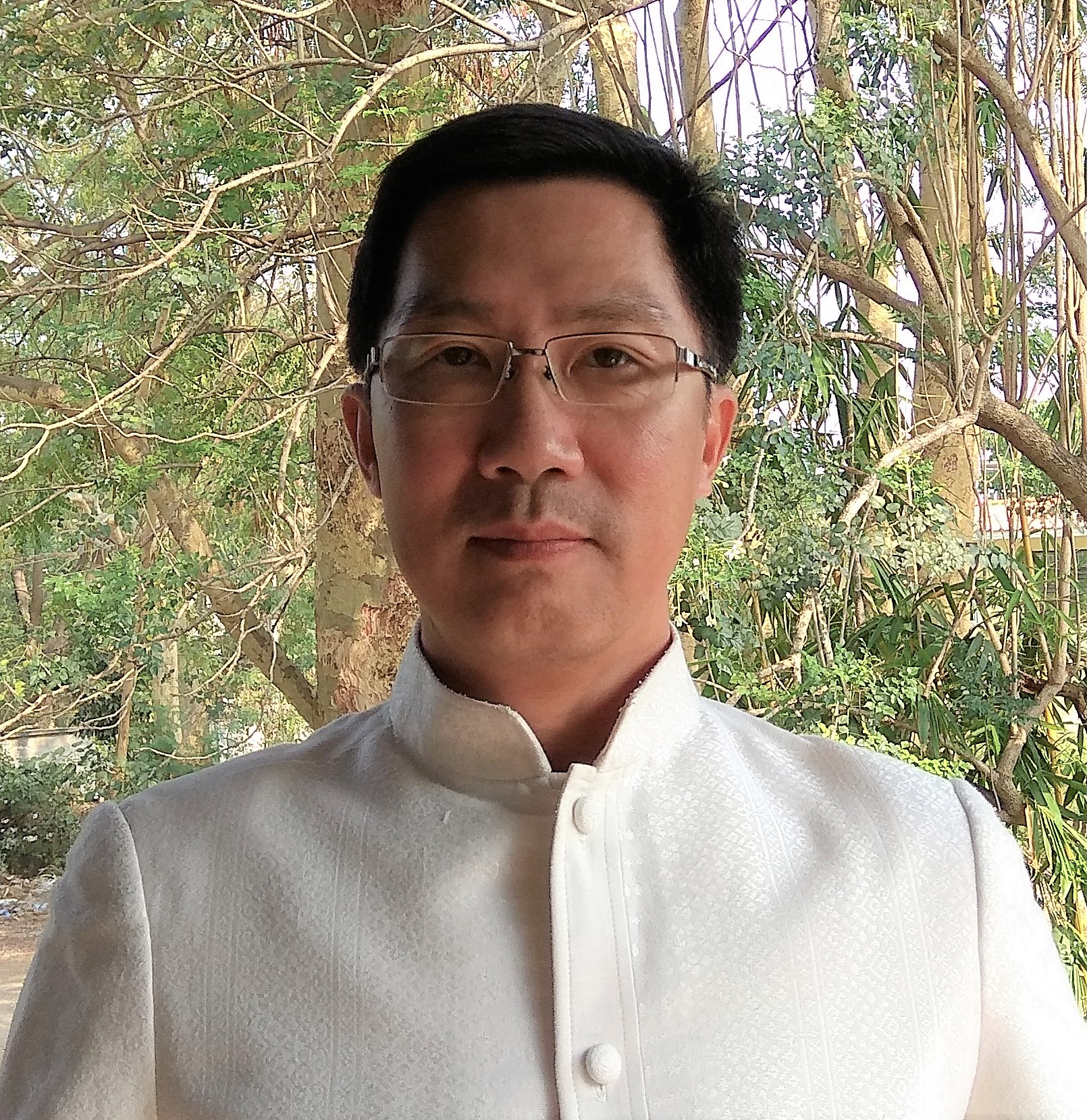
Wirote Tuntiwechapikul
Dr. Wirote Tuntiwechapikul is currently an Associate Professor of Biochemistry at the Faculty of Medicine, Chiang Mai University. His current research has centered around compounds and plant extracts that inhibit telomerase, the enzyme that is essential for the immortality of most cancers. He is also collaborating with doctors and scientists to investigate the correlation of leukocyte telomere length and age in patients with medical conditions and in populations with environmental hazards.
Dr. Wirote earned his Ph.D. in Medicinal Chemistry from the University of Texas at Austin. His Ph.D. dissertation focused on the synthesis of G-quadruplex cleaving agents, mechanistic studies of in vitro repetitive DNA expansion, and DNA modification by aza-enediynes. During his postdoctoral training at the University of Houston, he worked on a microcontact printing project for the positioning neuron cells to study neuron cell communication. Among his eclectic publications, studies of ginger (Zingiber officinale) extract as telomerase suppressor is among the most notable one. Recent results have shown that ginger extract can promote telomere shortening and reduce cell proliferation and tumorigenicity. Moreover, it had an anticlastogenic effect against DEN-induced liver micronucleus formation in rats. These findings suggest that ginger extract could potentially be useful as dietary cancer treatment and prevention.
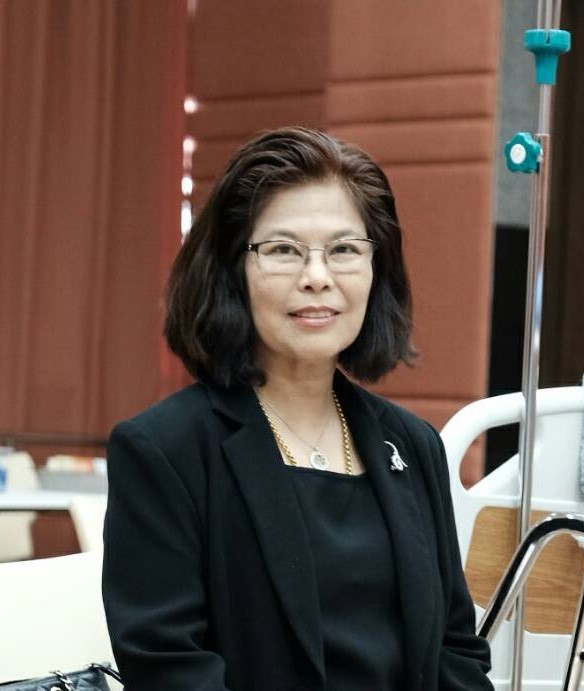
Assoc.Prof. Vorapun Senanarong
Faculty of Medicine Siriraj Hospital, Mahidol University, Bangkok, THAILAND
Dr Senanarong graduated from Faculty of Medicine Siriraj Hospital, Mahidol University, Thailand. She trained in general medicine, neurology, and geriatric medicine as senior house officer, registrar, and fellow from Newcastle Upon Tyne, UK and UCLA, LA USA. She is one of the experts for WHO on the ICD11 Classification of Neurocognitive Disorders. Her research areas are focused in dementia, geriatric neuropsychiatry and behavioral neurology. She has received grants from the National Research Council of Thailand, the Thailand Research Fund, Mahidol University Research Fund, and FIRCA(NIH). Dr Senanarong is currently an associate professor, the Director of Neurodegenerative diseases and behavioral neurology and Head of Division of Neurology, Department of Medicine, Faculty of Medicine Siriraj Hospital, Mahidol University, Bangkok, Thailand. She is currently Vice President of the Dementia Association of Thailand. She is a founder-member of the Dementia Association of Thailand and is also a member of the executive committee of the Neurological Society of Thailand, and of Asian Society Against Dementia.
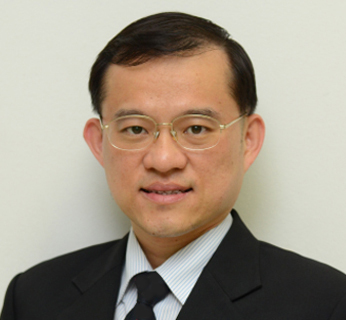
Professor Vorasuk Shotelersuk,M.D.
Faculty of Medicine, Chulalongkorn University
Professor Vorasuk Shotelersuk obtained his medical degree with First Class Honours from the Chulalongkorn University in Bangkok, Thailand, in 1992. After he finished his paediatric residency training in 1996, he became a visiting associate/medical staff fellow at the NICHD, and a genetics fellow at the NHGRI, NIH, USA. In 1999, he received a Diploma from the American Board of Medical Genetics. Currently, Prof. Vorasuk is the Assistant Dean for Research Affairs and the Director of the Centre of Excellence for Medical Genomics of the Faculty of Medicine, Chulalongkorn University.
Prof. Vorasuk has over 150 published research articles in PubMed database (including New England Journal of Medicine, Molecular Cell, and Nature Communications) with more than 3,000 citations and an H-index of 26 in Scopus database. He has received numerous national and international awards for his research contributions including a Newton Prize from the UK Medical Research Council, a National Outstanding Researcher Award from National Research Council of Thailand and the Outstanding Scientist Award from the Foundation for the Promotion of Science and Technology under the Patronage of His Majesty the King. He has been a member of the editorial boards for many international journals including Molecular Genetics and Genomic Medicine (Wiley Publishing Group) and Human Genome Variation (Nature Publishing Group).
